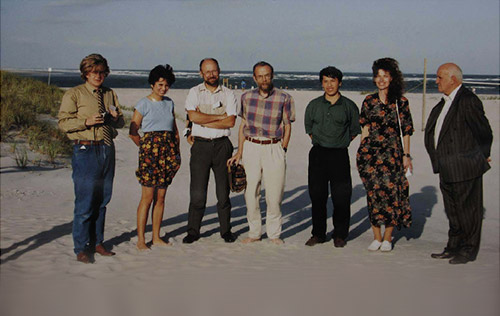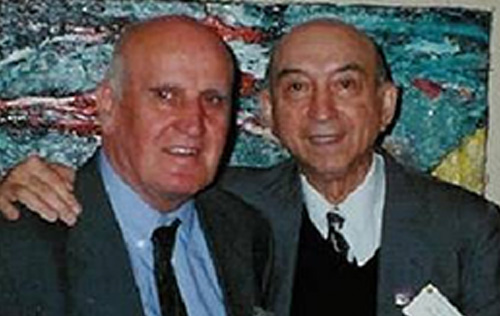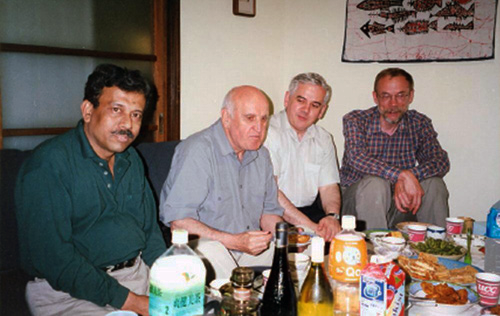Academic Genealogy
Below one will find my academic genealogy or family tree of the scientists and scholars according to mentoring dissertation supervision relationships. In my case, I am an academic descendat of Immanuel Kant, the great phiolospher and mathematican that groudned the logic of our founding forefathers.
...
...
-
22 Apr 1724 - 12 Feb 1804
Immanuel Kant, DSc, PhD, MS.
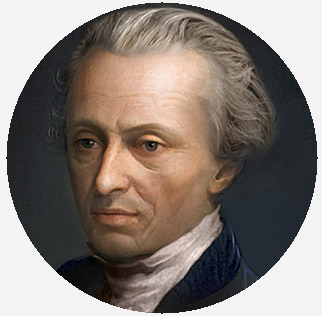
Immanuel Kant, DSc, PhD, MS. Professor of Logic and Metaphysics at the University of Königsberg created the Categorical Imperative : “Act only according to that maxim by which you can at the same time will that it should become a universal law” is a purely formal or logical statement and expresses the condition of the rationality of conduct rather than that of its morality, which is expressed in another Kantian formula: “So act as to treat humanity, whether in your own person or in another, always as an end, and never as only a means.” Kant's PhD student was Karl Reinhold: see Below.
-
26 Oct 1757 - 10 Apr 1823
Karl Reinhold, DSc, PhD, MS.
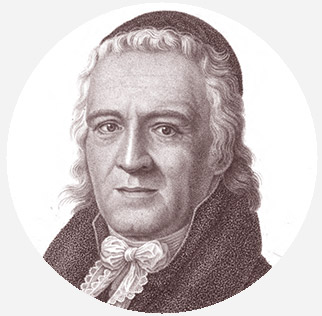
Karl Reinhold, DSc, PhD, MS. Professor of philosophy at the University of Jena was an Austrian philosopher who helped to popularise the work of Immanuel Kant in the late 18th century. His "elementary philosophy" also influenced German idealism, notably Johann Gottlieb Fichte, as a critical system grounded in a fundamental first principle. Reinhold's PhD student was Friedrich Trendelenburg: see Below.
-
30 Nov, 1802 - 24 Jan 1872
Friedrich Trendelenburg, DSc, PhD, MS.
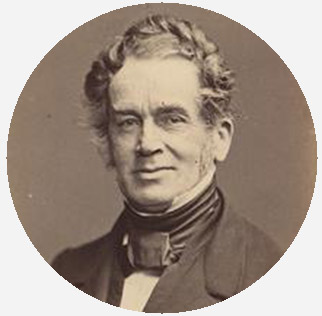
Friedrich Trendelenburg, DSc, PhD, MS. Professor of Plato and Aristotle at the University of Jena and the Universität Berlin. His own standpoint may be called a modern version of Aristotelianism. While denying the possibility of an absolute method and an absolute philosophy, as contended for by Hegel and others, Trendelenburg was emphatically an idealist in the ancient or Platonic sense; his whole work was devoted to the demonstration of the ideal in the real. Trendelenburg's PhD student was Franz Brentanoi: see Below.
-
16 Jan 1838 - 17 Mar 1917
Franz Brentano DSc, PhD, MS.
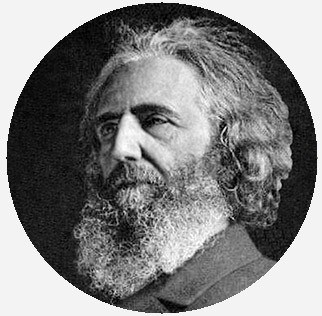
Franz Brentano DSc, PhD, MS. Professor of scholastic philosophy ( philosophy and psychology at the University of Würzburg. Brentano is best known for his reintroduction of the concept of intentionality—a concept derived from scholastic philosophy—to contemporary philosophy in his lectures and in his work Psychologie vom empirischen Standpunkt (Psychology from an Empirical Standpoint). While often simplistically summarised as "aboutness" or the relationship between mental acts and the external world, Brentano defined it as the main characteristic of mental phenomena. Brentano's PhD student was Kazimierz Twardowski: see Below.
-
20 Oct 1866 - 11 Feb 1938
Kazimierz Twardowski DSc, PhD, MS.
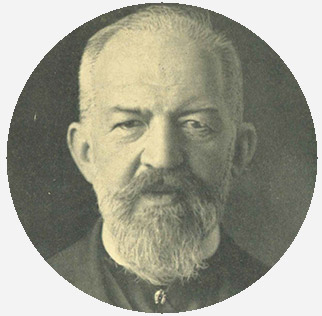
Kazimierz Twardowski DSc, PhD, MS. Professor of metaphilosophy at Lemberg in Austrian Galicia (later Lwów, now Lviv in the Ukraine). In his On the Content and Object of Presentations, Twardowski argues for a distinction between content and object in the frame of the theory of intentionality of his teacher Franz Brentano. According to him the mind is divided in two main areas: acts or mental phenomena, and a physical phenomenon. For example, an act of presentation is aimed at a presentation. This is what he called ‘intentionality’, aboutness. Every act is about something, but also every presentation goes together with an act of presentation. Twardowski's PhD student was Tadeusz Kotarbinski: see Below.
-
31 Mar 1886 - 3 Oct 1981
Tadeusz Kotarbinski DSc, PhD, MS.
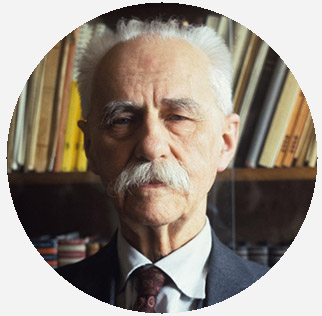
Tadeusz Kotarbinski DSc, PhD, MS. Professor of philosophy and logic at the Polish Academy of Learning (PAU) as well as the Polish Academy of Sciences (PAN). Kotarbiński's ontological reism approach assumes that the only things that exist, and thus the only ontological category to be used, are individual, concrete objects (or bodies) in opposition to doctrines allowing for the existence of such categories as universals, states of affairs, properties, relations, sets, classes, mental constructs etc. Kotarbinski's PhD student was Henryk Greniewski: see below.
-
11 Oct 1903 - 23 Apr 1972
Henryk Greniewski DSc, PhD, MS.
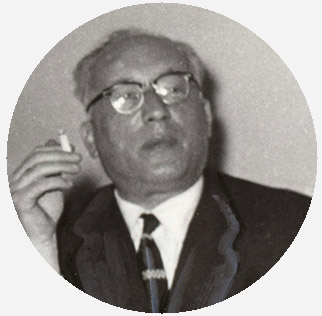
Henryk Greniewski DSc, PhD, MS. Professor of mathemmatics and logic. From 1948, he was the head of the Mathematical Apparatus Group the first Polish scientific institution dealing with computers at the National Mathematical Institute (today: IM PAS ). He was also a professor at the State Higher Pedagogical School (1951–1958). In the years 1958–1968 a professor at the University of Warsaw , where he managed the Department of Econometrics. In the years 1958–1961, promoting cybernetics, he conducted seminars on its foundations at the Cybernetics Department at the Institute of Philosophy and Sociology of the Polish Academy of Sciences. Greniewski's PhD student was Zdzisław Pawlak: see below.
-
10 Nov 1926 - 7 Apr 2006
Zdzislaw Pawlak DSc, PhD, MS.
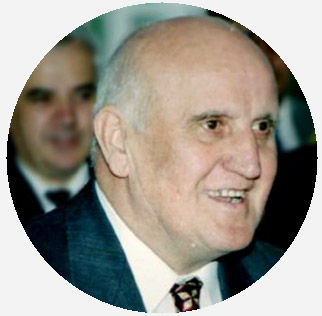
Zdzislaw Pawlak DSc, PhD, MS. Professor of mathematics at the Institute of Computer Science of the Polish Academy of Sciences. Professor PAwlak gained worldwide fame when in 1982 he formulated the mathematical theory of rough sets (called. Rough Set Theory), and is referred to as the Father of Rough Set Theory. His additioanl accomplishments how he proposed new formal model of the calculating machine named after him as "Pawlak's machine". His computer operation differed from the digital machine proposed by Alan Mathison Turing (called the "Turing machine") and from the concept of the "Princeton machine" by John von Neumann. He created the first formal mathematical model of DNA genetic codes. He developed a new mathematical approach to conflict theory. Pawlak's PhD students include Zbigniew Ras and Andrzej Skowron see below.
It is well acknowledged within the mathematical community that Pawlak's Rough Sets Theory and Lotfi Zadeh's Fuzzy Sets formed the foundation for clustering, classifiation of 'grey' areas that formed the ability for artificial intelligence to manage uncertainties, This does not take away from Marvin Minsky, Claude Shannon, Ray Solomonoff, et al's famous Dartmouth conference on the summer of 1956.Dr. Marvin Minsky, the pioneer of artificial intelligence, and the famous summer camp. The point is that the mathematical theory inherrent in Rough Sets and Fuzzy Logic has enabled AI to think like humans.
Some have said Pawlak and Zadeh competed, form all accounts, they did compete, however their was never jealousy, they both knew they were creating something new, it was not even called artificial intelligence back then and they loved working together, as these images show Pawlak, Zadeh, Ras, Skowron, Busse and myself.
-
17 Jun 1947 - Present
Zbigniew Ras, DSc, PhD, MS.
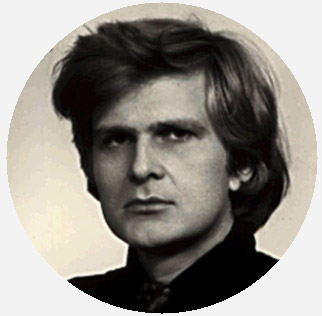
Zbigniew Ras, DSc, PhD, MS. Received MA in Mathematics from the University Warsaw in 1970 and then a Doctor of Philosophy in Computer Science from the University Warsaw in 1973. Amongst the various positions he has held, he worked as a research associate in the mathematics department at Columbia University, New York City from 1975-1976, while also as an assistant professor of computer science at the University of Warsaw from 1974-1983; He then worked as an associate professor computer science Department at the University North Carolina, Charlotte, from 1981-1988; He was then promoted to full professor computer science, at the University of North Carolina, Charlotte in 1988. See images of Dr. Ras and I here.
-
25 Nov 1960 - Present
Rory Lewis JD, PhD.
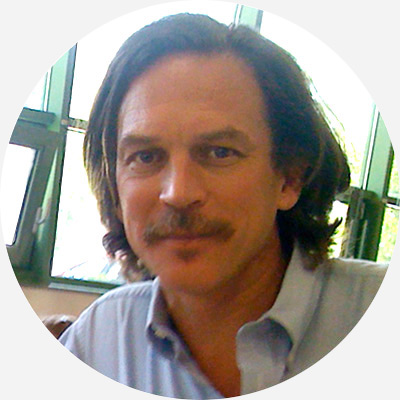
To walk in the footsteps of these giants, I realize I must make myself small and humble and rethink what really brings value into the lives of those around me.

